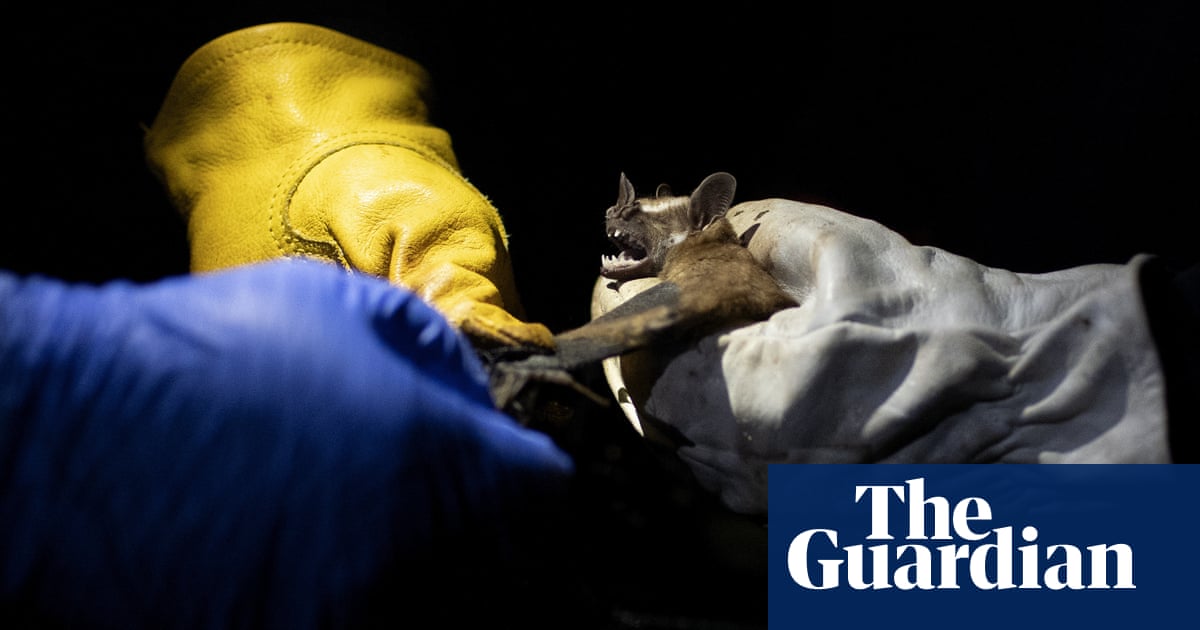Biodiversity loss is the biggest environmental driver of infectious disease outbreaks, making them more dangerous and widespread, a study has found.
New infectious diseases are on the rise and they often originate in wildlife. In meta-analysis published in the journal Nature, researchers found that of all the “global change drivers” that are destroying ecosystems, loss of species was the greatest in increasing the risk of outbreaks. Biodiversity loss was followed by climate change and introduction of non-native species.
“The take-home messages are that biodiversity loss, climate change and introduced species increase disease, whereas urbanisation decreases it,” said lead researcher Prof Jason Rohr from the University of Notre Dame in the US. Experts analysed nearly 1,000 studies of global environmental drivers of infectious disease, covering all continents except for Antarctica. They looked at both the severity and prevalence of disease in plant, animal and human hosts.



You mean there are consequences?!
Reactions like this are less than useful. These studies aren’t discovering climate change is bad, they’re investigating its effects and reach, and are the only hope we have to possibly avert, or just lessen, the bleak future ahead of us. Dismissing then with sarcastic comments does a disservice to the people doing this important work.
Tbf gallows humor is a thing and sometimes helps us deal with extreme situations.